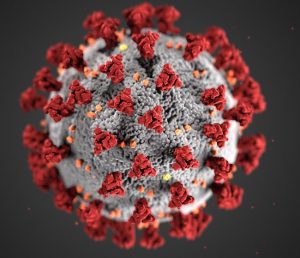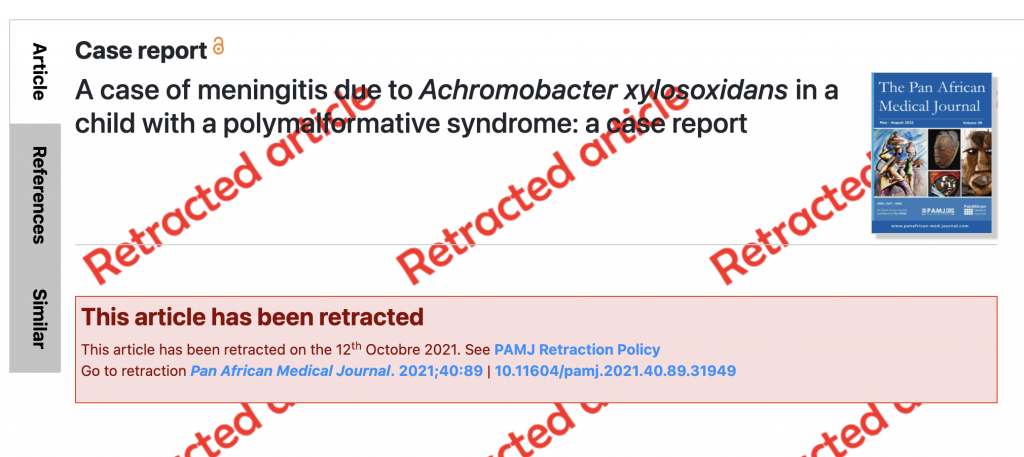A microbiology research group at the University of Hong Kong lost five papers for image duplication in late October, weeks after other scientists published a critique in Retraction Watch of one of the group’s COVID-19 articles.
The paper on COVID-19 was published in Cell in 2021 and was led by Patrick Chiu Yat Woo and Kwok-Yung Yuen, chair of infectious diseases in the university’s Department of Microbiology.
Writing in Retraction Watch in early October, Robert Speth of Nova Southeastern University in Fort Lauderdale, Fla., and Georgetown University in Washington, DC, and Michael Bader of the Max-Delbrück-Center for Molecular Medicine in Berlin, described their experience notifying Cell of numerous errors in the paper, and the journal’s editor refusing to publish a correction.
Weeks later, five of Yuen and Woo’s papers were retracted from two journals published by the American Society for Microbiology:
Continue reading Researchers lost five papers soon after scientists critiqued another of their papers in Retraction Watch





